Let’s face it, end of year financial planning was never a fun task, but Covid has made it even more challenging!
Your goalposts probably shifted at least a few times in the last 12 months, you may have debt to pay off, wage subsidies to factor in, or perhaps you’re even wondering how you’ll pay your taxes at all this year.
If it all feels a little overwhelming, be reassured that you’re not alone: many business owners are grappling with the same issues as EOFY looms – but help is at hand.
We’ve collated the most important information you need to help you get your head around your end of year financial planning well ahead of time.
Let’s start with the basics.
An EOFY Refresher
Whether or not you have Covid related aspects to account for, you still need to address the typical EOFY tasks as you did pre-pandemic.
If you’re feeling a little rusty on what that looks like, here’s a run-down:
- Follow up any overdue accounts and write off bad debts before March 31st
- Consider bringing forward any necessary repairs or maintenance on assets before EOFY
- Purchase any low-value assets (under $1,00) before 31st March so you can claim them in the year’s expenses
- Write off any fixed assets that aren’t used anymore
- Generate a profit and loss statement and see how you have tracked against your budget
- Complete a stocktake as close to EOFY as possible, and write off any obsolete stock
- Organise records of asset purchases or expenditure on improvements
It’s important to know which of your expenses are tax-deductible so you can claim a refund at the end of the year. Things like business insurance, website costs, vehicle and travel experiences, home office expenses and some machinery or equipment may be tax-deductible.
If you use a bookkeeper, they should liaise directly with your accountant to cover most of these requirements. If not, you need to schedule a meeting with your accountant as soon as possible to make sure you’re clear on what they need from you.
Covid Considerations For End Of Year Financial Planning
Some businesses may have navigated the hurdles of the 2021/2022 EOFY without too much interference from Covid, but many did not.
If your business utilised government support in the form of wage subsidies, resurgence support payments, or loans, you’ll need to account for these in your end of year financial planning.
Things can get quite tricky if you’re not familiar with the legislation. For example, wage subsidies paid to employers are tax neutral, while subsidies paid to sole traders or partners are classed as taxable income.
Loan repayments aren’t tax-deductible, but you can deduct interest and administration charges.
Not sure if you can even afford to pay your income tax this year? Don’t panic; businesses experiencing financial difficulty may be able to pay tax off in instalments or apply for a partial or total write-off.
If all this seems a little confusing, reach out to our team for guidance.
Focusing On The Future
As you wind up the end of the financial year, devote some time to preparing for the next 12 months. The last two years have been challenging, but those difficulties have provided lessons and insights that can be used to improve the way you do business in the future.
Take the opportunity to do a business health check, set some clear objectives for the year ahead, and consider how you can improve your processes and financial management going forward.
Do you need to invest in new technology or skills to streamline your business? Would you like to be better organised or have a more accurate idea of your financial position?
If your end of year financial planning feels overwhelming, consider how you could do things differently moving forward. Do you need to outsource your bookkeeping to ensure it’s up to date and organised? Would you benefit from admin support to help you focus on core business tasks?
If so, Admin Army can provide you with an army of virtual support to help you get on top of your business tasks. Contact us today to find out more.
